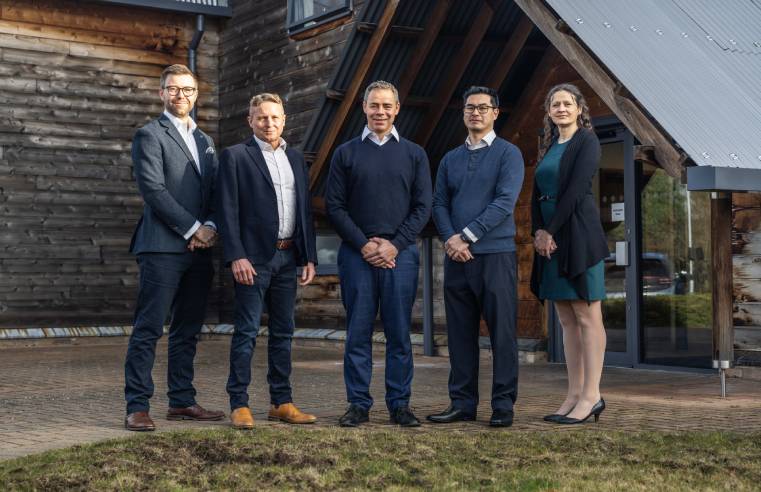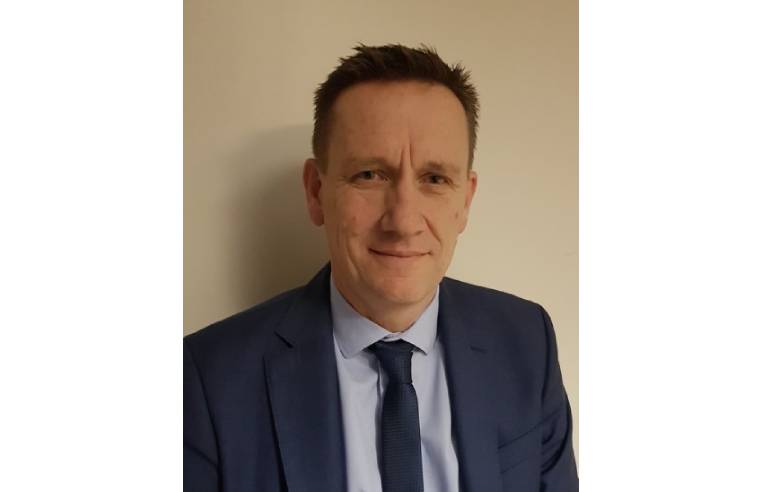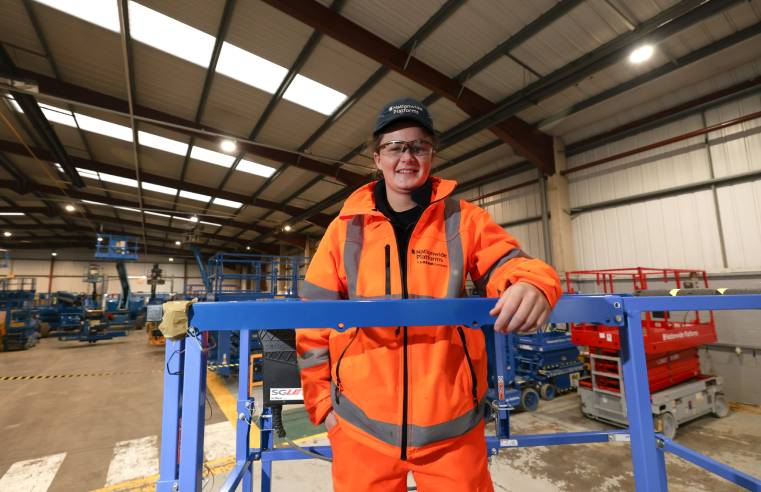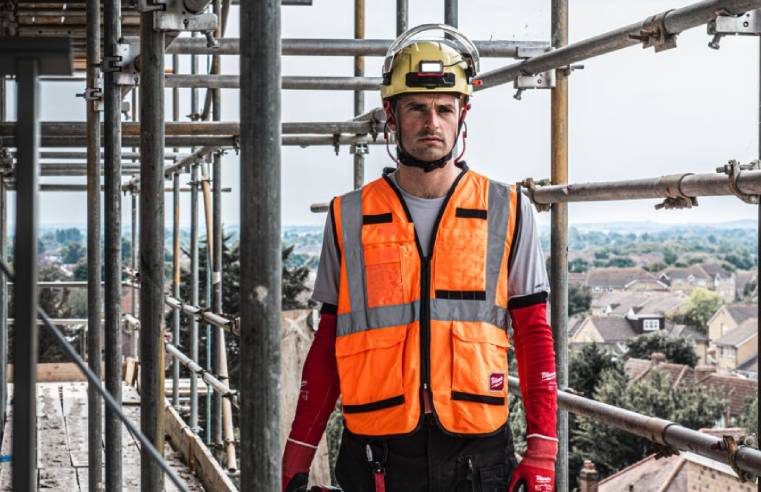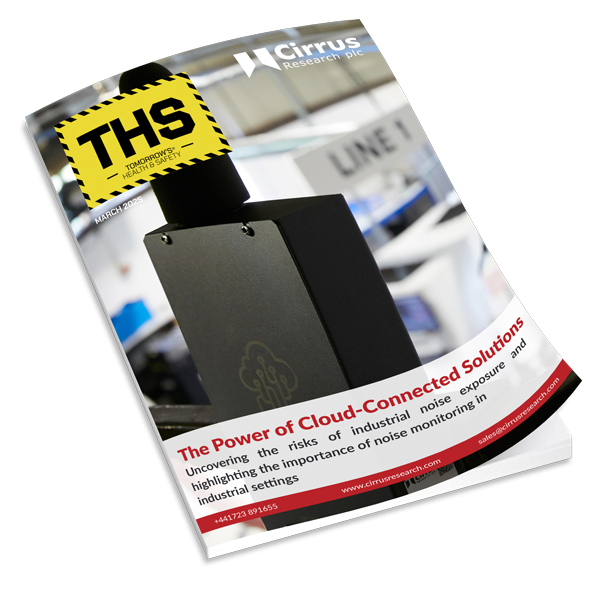Excavation work received a safety boost recently with the news that 71% of all digging work that takes place in the UK is now preceded by a thorough search for pipes and cables. The Digging Up Britain 2020 report by LSBUD, which provides a free to use online underground asset search facility, reveals that a record 2,832,027 enquiries were registered on its collaborative portal in 2019. This is a 10% increase on the previous year, and almost double that of just five years ago. A search enquiry was placed every 3.7 seconds during the average working day.
Richard Broome, Managing Director of LSBUD, commented: “We have reached a ‘tipping point’ in terms of safe digging - both for the UK’s underground pipes and cables, and those who dig near them. Asset searching on the LSBUD portal has rapidly become second nature for people. It’s now a standard step in the vast majority of excavation projects. It’s great to see it now such an intrinsic part of safe working practices.”
LSBUD has also identified changes in behaviour from asset owners. Last year saw more utility companies using the data generated by the portal to manage risk, futureproof their networks, and better identify areas of potential weakness. They are increasingly using historical data to predict who is likely to work within the vicinity of their network, the type of work they are going to do, when they are going to do it and the exact locations – to better target advice, support and supervision.
Digging Up Britain 2020 not only analyses the volumes but also the type of digging work taking place. It reports that ‘emergency searches’ increased by 59% on the previous year and 197% on two years ago with 316,922 searches deemed as urgent in 2019. This is a key consideration for health and safety professionals as emergency projects are more likely to result in an asset strike of a more severe nature.
Broome added: “This continued growth in emergency projects is worrying. While our portal delivers results often in minutes, if an asset isn’t registered with us, the firm doing the digging will need to deal with the asset owner directly and that can take up to 28 days. This time scale does not fit with the idea of an ‘emergency’ – so corners may be cut, and assets struck due to the need for speed. That’s a real health and safety concern, which is why it’s so important for all asset owners to come on board.”
The Report also identifies whose workers are doing the majority of digging and therefore provides an indicator of the workforces most vulnerable to asset-strikes. As in previous years, the majority of digging work is done on behalf of the telecoms sector, with its contractors and operators completing 911,455 searches and making up 32% of all searches in 2019. The water industry followed with 592,126 searches, accounting for 21% of the total.
Whilst the telecoms and water industries did more searches than ever before, their overall share of the total fell. This is due to a 10% increase in enquiries by private individuals, and a surge by agricultural businesses, where searches increased by 42%.
Broome continued: “It is good to see the number of searches increasing, but there is still work to be done in order to ensure total safety of workers, contractors and the general public when it comes to digging. In 2019 there were still 1,230 safety related electrical incidents reported to the HSE, 73 of these were injury related. Gas related incidents have steadily come down since 2013, but still there were 1,248 reported to the HSE.”
Digging Up Britain 2020 suggests safety could be improved through all asset owners getting involved in the collaborative search portal. Whilst the number is growing, just 10% of water companies currently share their asset information via the LSBUD portal. This means the water sector remains incredibly vulnerable to asset strikes, and those digging near its assets are doing so without a full picture of what is beneath them. This is in stark contrast to gas and electricity companies where 80% and 70% respectively share their network data.
Richard Broome concluded: “We have seen significant strides taken in terms of the volumes of assets which can now be easily found, and the numbers of thorough searches taking place before a spade hits the ground. But there is more that can be done.
“On the asset owner side, we hope the remaining utility companies recognise the benefits of sharing their information through our portal. In terms of searching, we want to keep the momentum going and get even more people who are doing the digging, be they employees, contractors, or private individuals, to complete a search before any digging work begins. If we have change like this from both sides, and have everyone pulling in the same direction, assets and people will be safer.”






